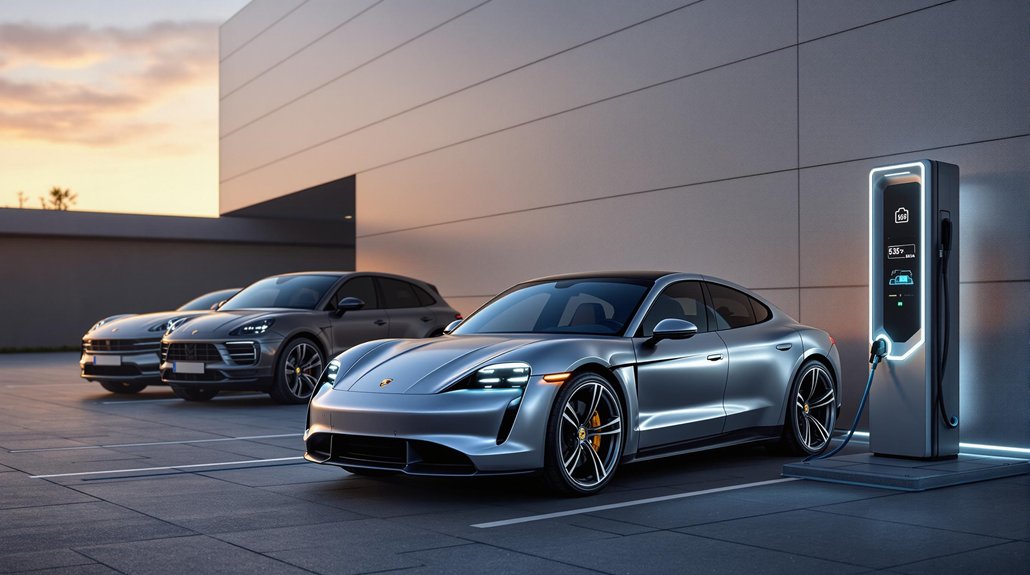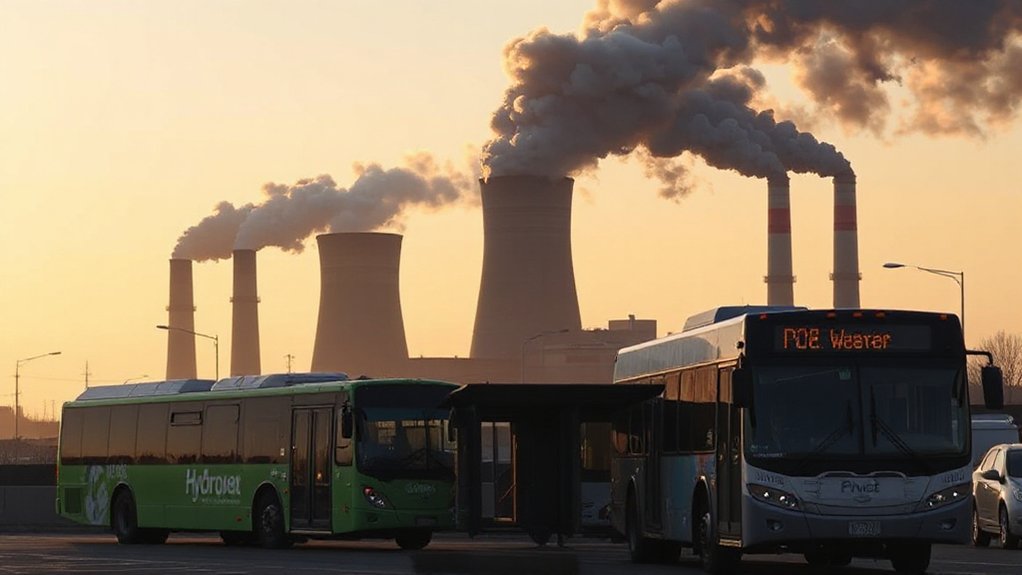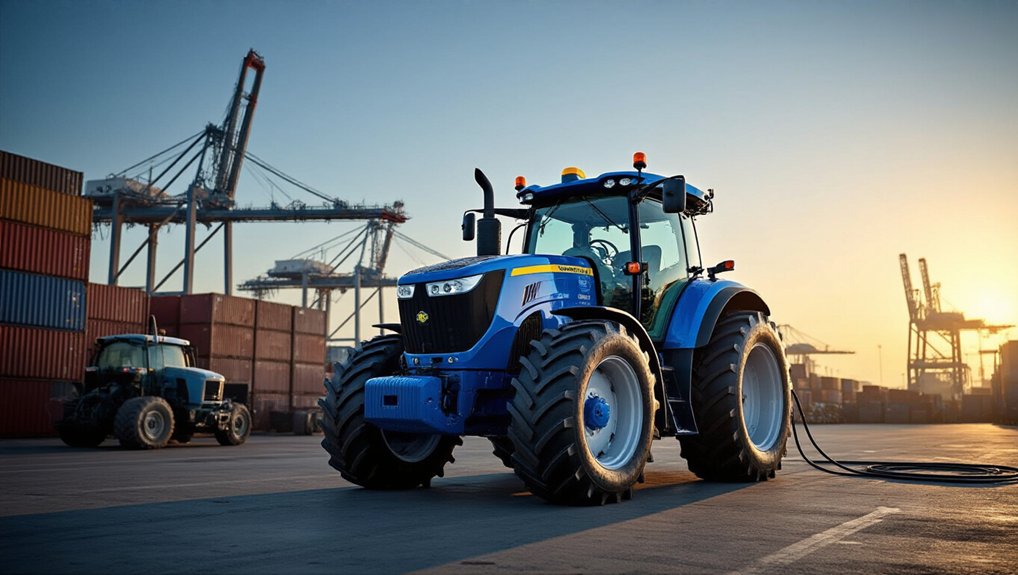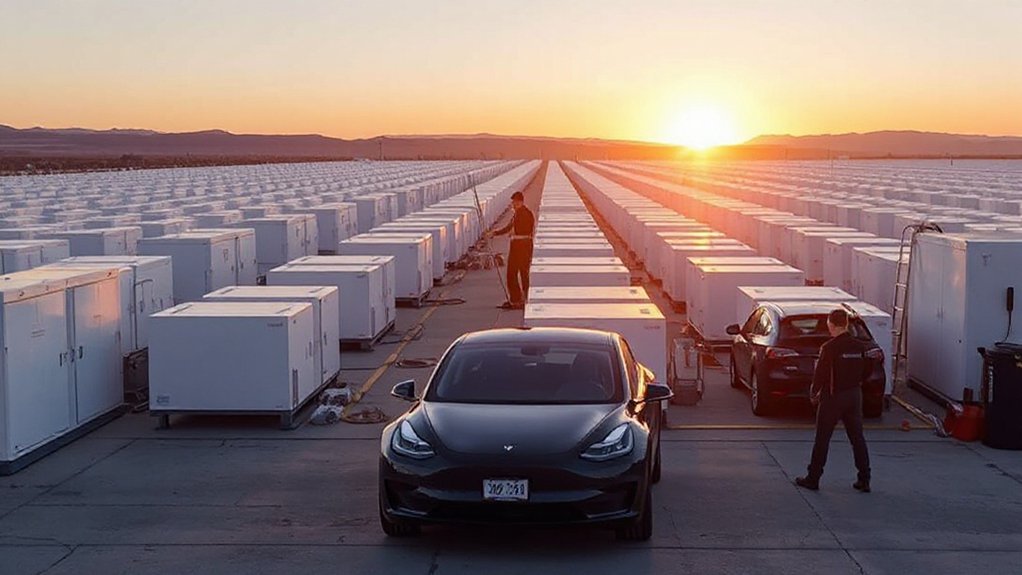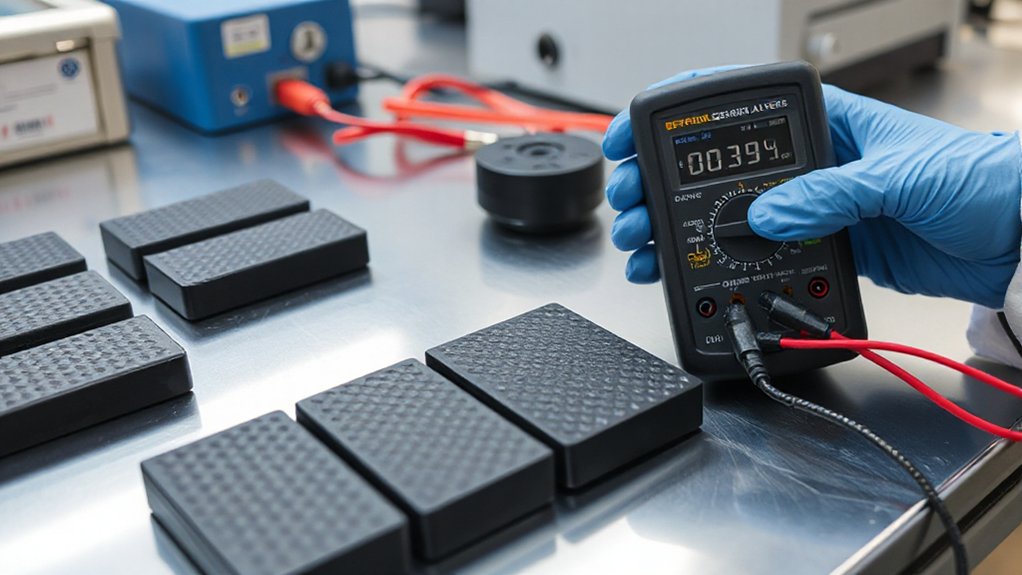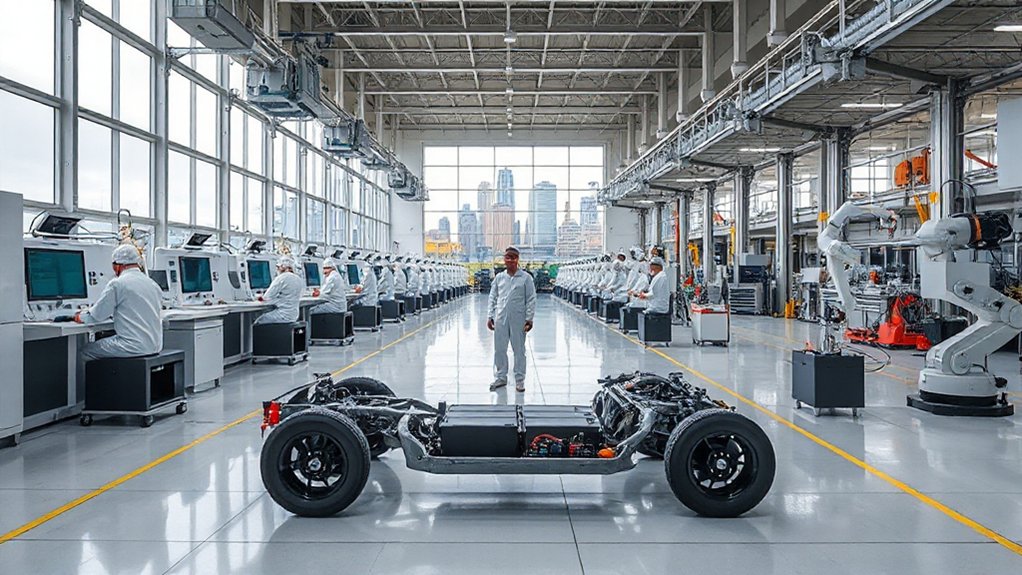Porsche’s electric transformation is accelerating, with 38.5% of its new vehicle deliveries now featuring a plug. In Q1 2025, 25.9% were fully electric vehicles while 12.6% were plug-in hybrids. The all-electric Macan has delivered 18,278 units by late 2024. Despite challenges including a 49% drop in Taycan sales and declining performance in key markets like China, Porsche continues expanding its electric lineup while maintaining its performance heritage. The road ahead balances tradition with an electrified future.
Porsche is racing toward an electric future with impressive momentum. The luxury automaker reported that in the first quarter of 2025, battery-electric vehicles made up 25.9% of all deliveries. Plug-in hybrids added another 12.6%, bringing the total electrified share to 38.5% – meaning more than one in three new Porsches now comes with a plug.
This change marks a major shift for the brand known for its high-performance gas engines. Porsche’s electric lineup includes the Taycan sedan and the newer Macan EV, with electric versions of the 718 Boxster, Cayman, Panamera, and Cayenne in development. By late 2024, the company had delivered 18,278 units of the all-electric Macan.
Despite this progress, Porsche faces challenges in its electric journey. The company reduced its 2030 EV sales target from 80% to a more flexible approach based on market demand. Taycan sales dropped by 49% in 2024 due to model updates and slower EV adoption. Issues like range anxiety, charging infrastructure, and high costs continue to affect consumer interest. This aligns with broader industry trends where battery storage costs are anticipated to decrease by 52% by 2030, potentially making future electric Porsches more affordable.
Porsche delivered 310,718 vehicles in 2024, with 27% being electrified models. The Cayenne SUV remained the bestseller with 102,889 units sold, an 18% increase from 2023. The 911 sports car continues to show strong demand with 50,941 units delivered, reflecting a 2% increase over the previous year. However, sales declined in key markets like China and North America due to competition and delivery delays. The company plans to continue production of V8 Cayenne until 2030, aligning with their commitment to maintain combustion engine offerings alongside electric models.
Environmental concerns and tightening emissions regulations worldwide are pushing Porsche’s electric evolution. The company is also developing synthetic “e-fuels” as an alternative solution for traditional engines. Government incentives vary by region, affecting adoption rates.
Sales in China dropped by 33% in the first half of 2024, with 29,551 vehicles delivered amid fierce competition. North America saw a 6% decline during the same period. Despite these regional challenges, Porsche continues to balance its performance heritage with a growing focus on sustainability through electrification.
